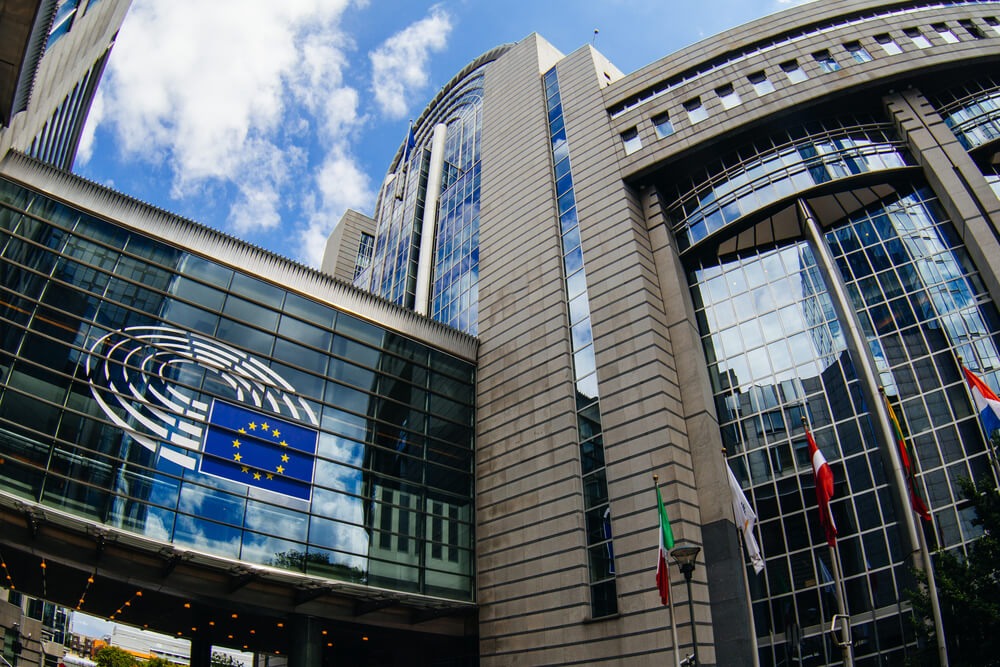The problem with Brazil’s deforestation has been going on for years. This year, it surged to its highest rate since 2008 due to robust exports, igniting concerns from spectators.
The world’s leading food companies and retailers warned soybean traders to stop dealing with producers linked to the unsustainable activity.
Tesco, Walmart, Unilever, and McDonald’s are all joining the campaign to halt the spread of the destruction in the country’s tropical savannah region, Cerrado.
The concerns emerge not due to the alarming rate of deforestation but also because of the location’s vital importance as a carbon storehouse.
Its natural rich vegetation plays a vital role in storing carbon dioxide. It counteracts the burning of fossil fuels and increasing carbon emission, which many believe to be the reason behind rising global temperatures and rising sea levels.
For the record, the South American nation accounts for more than 30% of the world’s soy production. This makes it the world’s leading producer of oilseeds.
Demand from other countries, especially from those which has a massive consumer market such as China has been on the rise in the past years, especially during the pandemic.
The grain goes through processing to either become animal feed or cooking oil. This fact makes it imperative for agriculture, particularly in hog raising and animal husbandry.
For the record, the Cerrado region accounts for approximately 60% of the total soybean production in Brazil.
This is likely to increase in the coming years, igniting environmental concerns especially on locations directly involved with the activity.
163 companies had written to firms linked with the areas involved in the issue. They intend to stop sourcing their soy from them after 2020. This comes as part of the initiative Cerrado Manifesto Statement of Support.
The Soy Plantation Maintains Protection
While the private sector is making significant strides to address the problem, the threat of deforestation continues to exist.
This is observed from the limited intervention from the government and the institutionalized policies which support the activity.
As stipulated in Brazilian law, landowners have the jurisdiction to clear up to 80% of the vegetation in lieu of cultivating agricultural plantations, building a community, etc.
This support from the central governing body undermines the advances created by the world’s leading retailers to address the problem.
For the record, some North American firms urged farmers to resort to more sustainable practices with growing their crops.
In response to the current issue, Brazil’s oil crushers’ group, Abiove noted that the cutoff date targeted to ban new deforestation is not feasible.















